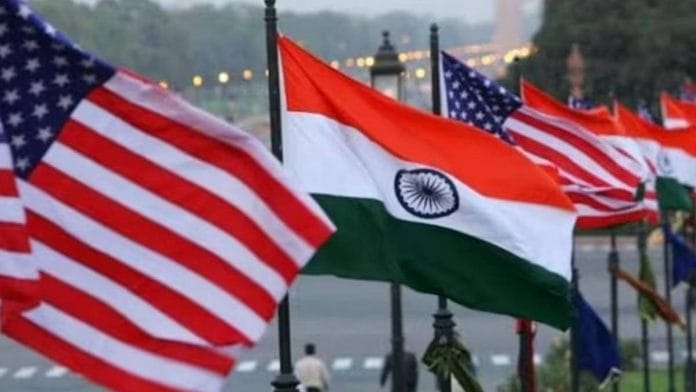What US President Donald Trump needs is a “win”. Here are some suggestions on how India could exploit this to draft a strategy:
- Agree to import all non-GM (genetically modified) US agricultural produce with zero tariffs.
- Agree that if and when India embraces GM foods, US GM products would enter India on a zero-tariff basis.
- Agree to establish a joint inspection mechanism with the Indian Council of Agricultural Research (ICAR) and the US Food and Drug Administration (FDA), or any other organisation designated by President Trump, to verify non-GM US products in the US itself. This will help avoid bottlenecks in Indian ports.
- Agree not to establish such joint inspection mechanisms with other countries for the next five years.
- Agree that US dairy items that are produced from cows not fed animal products will enter India with zero tariffs.
- Agree on a joint inspection mechanism similar to the one mentioned in (3).
- Agree that if India ever changes its policy on dairy items from cows that are fed animal products, US goods will be allowed in with zero tariffs.
- Agree that India will amend its nuclear power products liability laws within 90 days. (We should be doing this anyway. Among others, the French will love this one.)
- Sign memoranda of understanding with two US producers to buy small nuclear power plants.
- Encourage all US MNCs who do business with India or in India, and those planning to do so in the future, to sign a joint memorandum supporting an early and practical deal with India. (We should be able to get anywhere between 50 and 100 large companies to sign this one.)
- Commit to diversifying India’s defence purchases, with preference being given to US exporters who obtain early export approvals from American authorities.
- Commit to buying several billion dollars of Nvidia chips.
- Announce that Mukesh Ambani will invest billions in US refineries and data centres.
- Announce that Gautam Adani will invest billions in US ports and data centres.
- Announce that the Tata group will invest billions in US airlines, software companies, and data centres.
- It would also be nice if Mukeshbhai, Gautambhai, and Chandra go to the White House and make this announcement as part of a well-publicised photo-op.
Also read: India’s diplomatic failures aren’t just Trump’s fault. It’s the price of Modi’s narcissism
Announcements cost little
In practical terms, American non-GM products and dairy items (from cows not fed animal products) will be very expensive and unlikely to make much impact. The inspection procedures may lead to headaches and disputes in the future, but we can cross that bridge when we come to it. Signing memoranda of understanding is a symbolic act, like Japan and the EU’s promises to invest billions. Diversification of defence purchases is something we are doing anyway, and frankly, the real issue with buying US equipment lies in the American bureaucracy’s delaying tactics. Nvidia is so overbooked and overburdened with US regulations that it is unlikely to be able to ship much to us. If they do ship stuff, we can find ready uses.
Announcements cost very little. These investment deals take a long time to bear fruit, and private sector investors will base them on their own optimisation criteria.
We can announce loudly that India has “opened up” its agricultural sector to the US and not anyone else, and is giving US companies zero–tariff access with the same playing field that is given to Indian companies. We can also say that India is showing a strong “preference” for US defence equipment, that it is acknowledging the superiority of American defence equipment, and that it is “promising” large investments. On this basis, a big beautiful deal can be in the making.
Jaithirth ‘Jerry’ Rao is a retired entrepreneur who lives in Lonavala. He has published three books: ‘Notes from an Indian Conservative’, ‘The Indian Conservative’, and ‘Economist Gandhi’. Views are personal.
(Edited by Prasanna Bachchhav)






